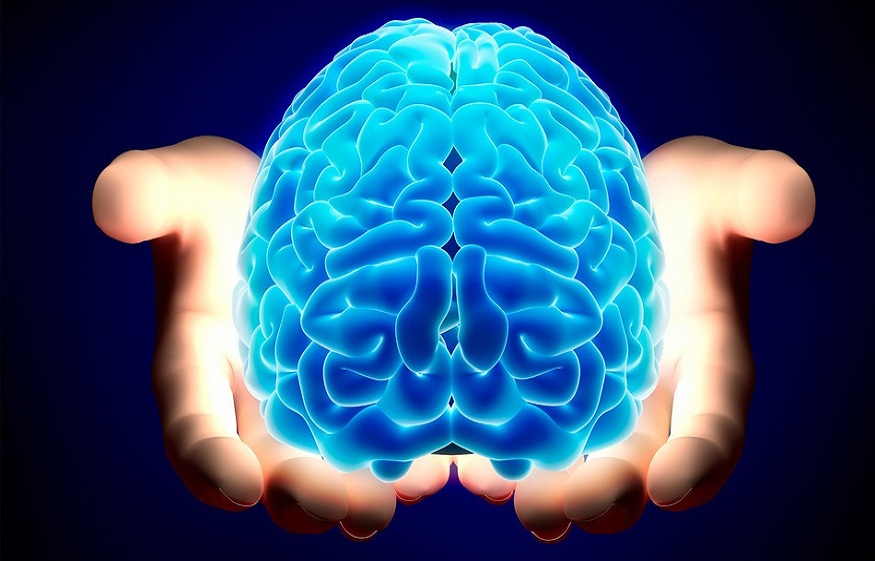Can I Claim for a Loss of Consciousness?

Many people face substantial confusion following a vehicle collision. Victims of car accidents will often convince themselves to lower expectations concerning what injuries can be compensated and what cannot be. For instance, many believe that they can only rightfully pursue compensation if a long-standing physical injury, such as a broken bone or whiplash, were to occur.
Read more: Penile Torsion Treatment And Management
However, even minor injuries or physical consequences are recognized by the legal system and your insurance company. Something as brief as losing consciousness during an accident is deemed a medical concern and can be compensated by insurance or a trial, especially if it results in a concussion. There are some important legal details to know if you lost consciousness during a recent car accident.
Losing Consciousness During a Car Accident
It is imperative that you understand that the loss of consciousness is not always a singular event. It may be in connection to, or indicative of, a greater injury. Namely, passing out as a response to a traumatic event like a collision might be a sign of a concussion. According to the Center for Disease Control and Prevention (CDC), a concussion is a type of brain injury (or traumatic brain injury, “TBI”) that directly results from an impact to the head. The most common type of vehicle collision that causes such an injury is the rear-end collision, where the driver’s head is rapidlyjerked forward and backward. The brain then strikes the sides, front, and back of the skull, resulting in one of three types of concussions:
- Grade I: No loss of consciousness.
- Grade II:Loss of consciousness lasts between several seconds and five minutes, never exceeding the maximum.
- Grade III:Loss of consciousness lasts between 5-30 minutes and may exceed this maximum.
Although a loss of consciousness can be related to a concussion, estimates say that it is relatively rare for a concussion to be preceded by a concussion. Approximately 90% of concussions occur with no loss of consciousness whatsoever. For those that do occur following a loss of consciousness, keep in mind that occurrence that lasts more than 30 minutes is an almost indisputable indication of a moderate to severe TBI.
Read more : How Does CBD Help Senior Citizens With Health Issues
Additional Signs of TBIs Following a Car Accident
Even those TBIs declared to have a “mild” effect can deeply impact the victim’s quality of life – especially if that individual has suffered from concussions in the past. TBIs may have varying levels of severity in many aspects, however, but those following concussions seem to be slightly worse. In collisions where the victim retained consciousness, TBI-related symptoms were nowhere near the intensity as those that followed a loss of consciousness. Keep an eye out for the following additional symptoms that will clue you into the occurrence of a brain injury:
- Significant changes to your mood, behavior, and personality
- Highly unusual fatigue
- Difficulty keeping balance or maintaining coordination in actions
- Agitation and confusion
- Severe headaches and nausea
Traumatic brain injuries can affect people in a variety of ways. However, they all merit compensation since they are serious medical concerns. To get the compensation you deserve, contact an experienced personal injury attorney today. They will make sure you get the compensation you need to get as smooth of a recovery as possible.







